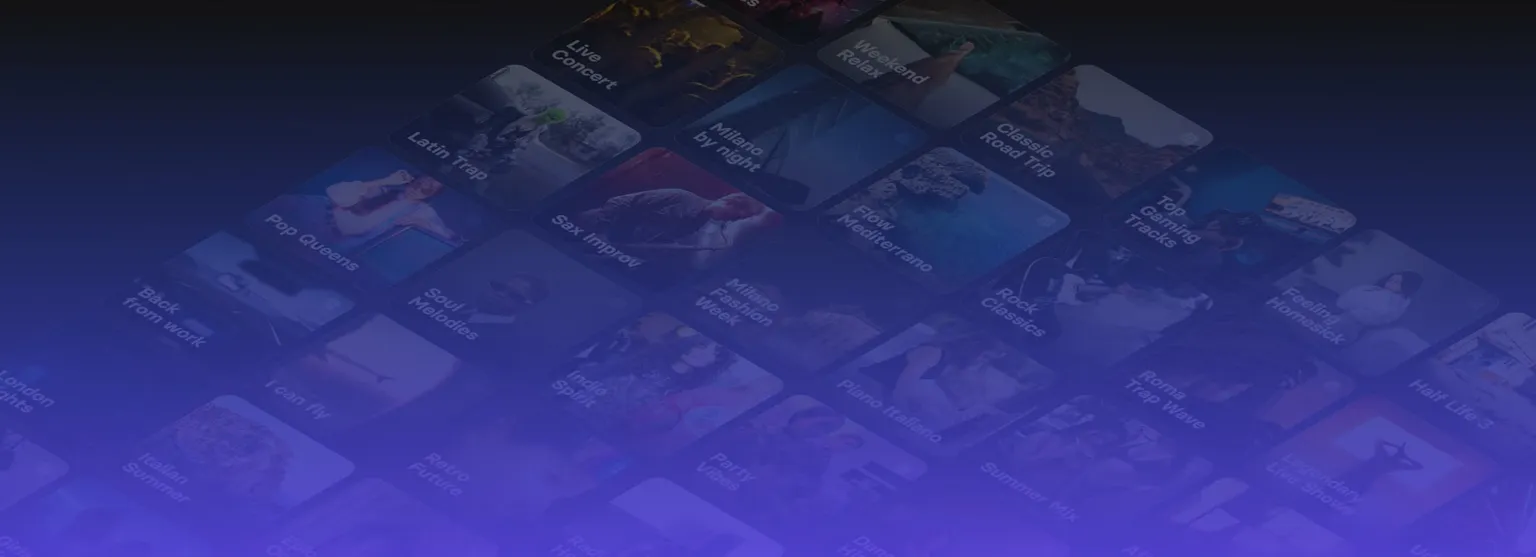Spotify no longer pays for tracks with fewer than 1,000 streams: Spotify's New Streaming Policies

Following last year's debate sparked by Spotify regarding streaming revenue, the platform has finally announced new policies to regulate royalties and related earnings. In November, Spotify extensively outlined the changes and declared its intention to generate an additional billion dollars in revenue for emerging artists and professionals over the next five years. As of April 1, 2024, all these policies are officially active on the platform.
Spotify's new policies focus on basic principles such as discouraging artificial streaming, improving the distribution of small payments for emerging artists by introducing a minimum threshold for streams to generate royalties, and finally blocking those attempting to manipulate the system. In summary, tracks must reach at least 1,000 streams in the preceding 12 months to be included in the recorded music royalties pool.
Spotify has reported that 99.5% of all streams on the platform come from tracks with at least 1,000 streams per year, emphasizing that each of these tracks will earn more under this policy.
PENALTIES FOR ARTIFICIAL STREAMING
In an effort to deter artificial streaming, Spotify has introduced a policy to fine labels and distributors of each track caught artificially streaming their content. To prevent this, the platform found it advantageous for the entire music industry to discourage illicit behavior from the outset by avoiding the publication of unreliable content on Spotify and other streaming platforms. These charges will support Spotify's efforts to keep both the music industry and its own platform free from artificial activities.
NEW POLICIES FOR "BACKGROUND TRACKS

Given the proliferation of these formats, Spotify has increased the minimum length of functional noise tracks - such as white noise, nature sounds, ASMR, sound effects, etc. - to two minutes to generate royalties. Spotify explained that listeners play these background genres, and many exploit this phenomenon by shortening tracks to monetize them illicitly. This limitation will result in lower earnings as the track will be played fewer times due to its length, allowing for more deserving artists to be recognized.
In recent news, the streaming platform has confirmed its intention to review and raise its prices. Additionally, it has recently introduced video learning content to further enrich its offerings. Furthermore, the launch of a new basic tier package for those uninterested in audiobooks is planned, representing the first of several updated pricing packages. This decision caused a 4.6% increase in Spotify's stock value, though the long-term impact of such changes remains uncertain.
FINAL THOUGHTS
The decisions undertaken by the platform, as described above, have significantly impacted the landscape of music streaming, resulting in substantial changes in Spotify's revenues and expenditures. The implementation of stricter policies, including demonetizing tracks with fewer than 1,000 streams and imposing penalties for artificial streaming, has marked a turning point in earnings for artists and financial dynamics for the streaming company itself. Ultimately, the recent choices and initiatives by Spotify signify a phase of significant transformation for the platform and the music industry as a whole.
To overcome the demonetization of tracks with fewer than 1,000 streams, you can rely on platforms like Matchfy to promote your music safely and organically, increasing streams and continuing to monetize with your music!
Click the button below to take a look at the services we offer.

